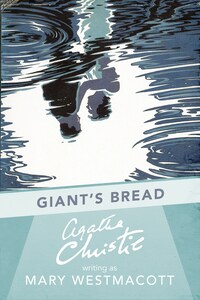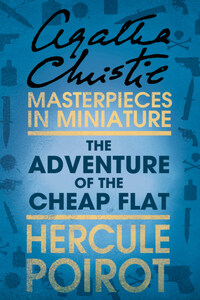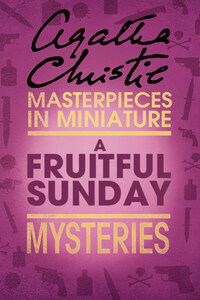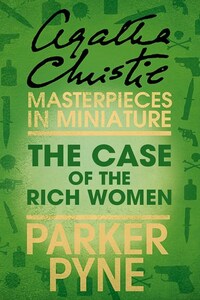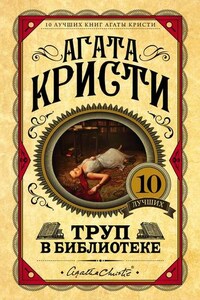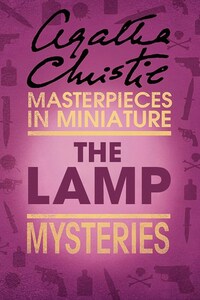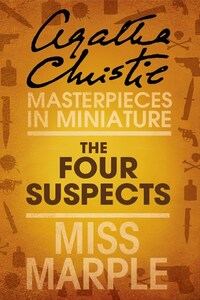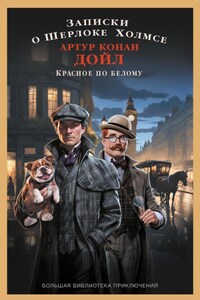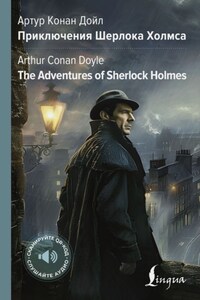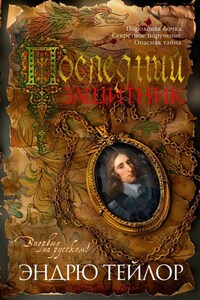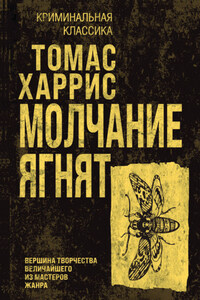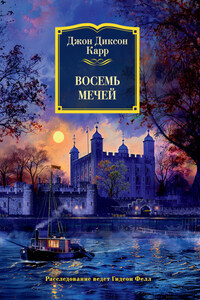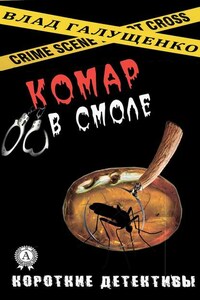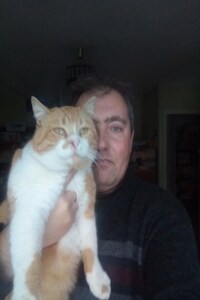HarperCollinsPublishers Ltd 1 London Bridge Street London SE1 9GF
www.harpercollins.co.uk
First published in Great Britain by Collins 1930
Copyright © 1930 Rosalind Hicks Charitable Trust. All rights reserved.
www.agathachristie.com
Cover by www.ninataradesign.com © HarperCollins 2017
Agatha Christie asserts the moral right to be identified as the author of this work.
A catalogue copy of this book is available from the British Library.
This novel is entirely a work of fiction. The names, characters and incidents portrayed in it are the work of the author’s imagination. Any resemblance to actual persons, living or dead, events or localities is entirely coincidental.
All rights reserved under International and Pan-American Copyright Conventions. By payment of the required fees, you have been granted the non-exclusive, non-transferable right to access and read the text of this e-book on screen. No part of this text may be reproduced, transmitted, down-loaded, decompiled, reverse engineered, or stored in or introduced into any information storage and retrieval system, in any form or by any means, whether electronic or mechanical, now known or hereinafter invented, without the express written permission of HarperCollins.
Source ISBN: 9780008131449
Ebook Edition © June 2017 ISBN: 9780007535002
Version: 2018-04-11
It was the opening night of London’s new National Opera House and consequently an occasion. Royalty was there. The Press were there. The fashionable were there in large quantities. Even the musical, by hook and by crook, had managed to be there—mostly very high up in the final tier of seats under the roof.
The musical composition given was The Giant, a new work by a hitherto unknown composer, Boris Groen. In the interval after the first part of the performance, a listener might have collected the following scraps of conversation.
‘Quite divine, darling.’ ‘They say it’s simply the—the—the—latest!! Everything out of tune on purpose … And you have to read Einstein in order to understand it …’ ‘Yes, dear, I shall tell everyone it’s too marvellous. But privately, it does make one’s head ache!’
‘Why can’t they open a British Opera House with a decent British composer? All this Russian tomfoolery!’ Thus a peppery colonel.
‘Quite so,’ drawled his companion. ‘But you see, there are no British composers. Sad, but there it is!’
‘Nonsense—don’t tell me, sir. They just won’t give them a chance—that’s what it is. Who is this fellow Levinne? A dirty foreign Jew. That’s all he is!’
A man nearby, leaning against the wall, half concealed by a curtain, permitted himself to smile—for he was Sebastian Levinne, sole owner of the National Opera House, familiarly known by the title of the World’s Greatest Showman.
He was a big man, rather too well covered with flesh. His face was yellow and impassive, his eyes beady and black, two enormous ears stood out from his head and were the joy of caricaturists.
The surge of talk eddied past him …
‘Decadent—morbid … neurotic … childish …’
Those were critics.
‘Devastating … too divine … marvellous, my dear …’
Those were women.
‘The thing’s nothing but a glorified revue.’ ‘Amazing effects in the second part, I believe. Machinery, you know. This first part “Stone” is only a kind of introduction. They say old Levinne has simply gone all out over this. Never been anything like it.’ ‘Music’s pretty weird, isn’t it?’ ‘Bolshy idea, I believe. Noise orchestras, don’t they call them?’
Those were young men, more intelligent than the women, less prejudiced than the critics.
‘It won’t catch on. A stunt, thath all.’ ‘Yet, I don’t know—there’s a feeling for this Cubist thtuff.’ ‘Levinne’s shrewd.’ ‘Dropth money deliberately thometimes—but getth it back.’ ‘Cost …?’ The voices dropped, hushed themselves mysteriously as sums of money were mentioned.
Those were members of his own race. Sebastian Levinne smiled.
A bell rang—slowly the crowd drifted and eddied back to their seats.
There was a wait, filled with chattering and laughter—then the lights wavered and sank. The conductor mounted to his place. In front of him was an orchestra just six times as large as any Covent Garden orchestra and quite unlike an ordinary orchestra. There were strange instruments in it of shining metal like misshapen monsters, and in one corner an unaccustomed glitter of crystal. The conductor’s baton was stretched out—then fell and immediately there was a low rhythmic beating as of hammers on anvils—every now and then a beat was missed—lost—and then came floating back taking its place out of turn, jostling the others.
